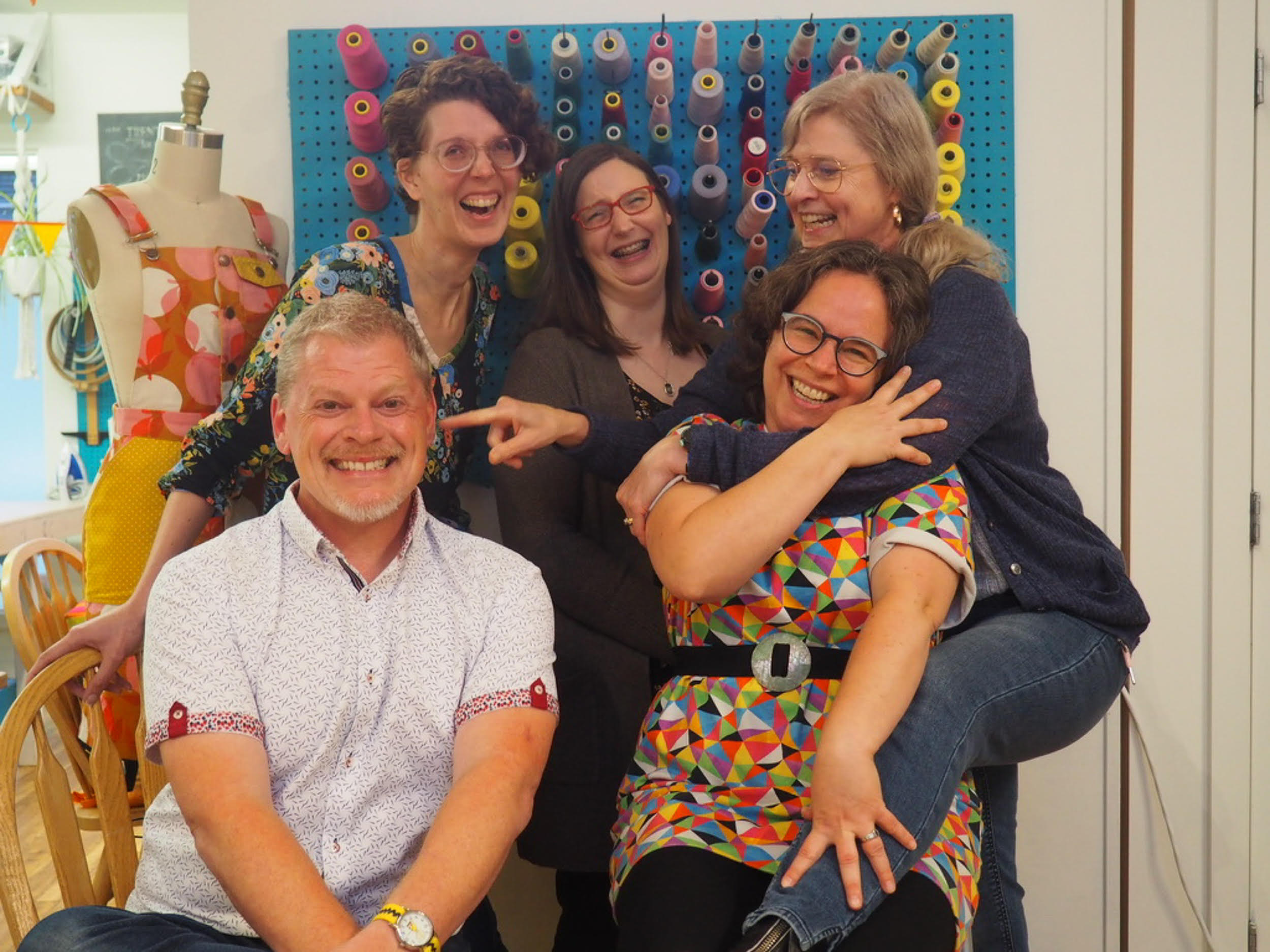
Founded shortly over a decade ago in Victoria, The Makehouse Co-op had established itself as a local pillar for anyone interested in sewing when founder Jenny Ambrose decided she was ready to sell. Concerned about what their employment would look like under new ownership, the store’s five employees talked it over and decided they were ready to buy.
“ I had thought about the possibility of trying to buy the business on my own and quickly thought ‘‘no, absolutely not, I don’t want to do this by myself,’” says Kat Camfield, the Co-op’s general manager. “But then when I talked to the other staff, the idea of sharing the ownership, sharing responsibility, getting to set the terms of our work, all of that really appealed to us so that’s why we went ahead with a worker co-op.”
Even though the idea appealed, there were still plenty of details to sort out as part of the conversion process. Fortunately, The Makehouse’s staff were able to participate in CWCF’s Worker Co-op Academy, which provided extensive coaching and a supportive environment within which to learn the necessary skills for running a worker co-op. Camfield says the presence of other groups in their cohort was also helpful.“It was really nice having other groups going through the process at the same time as us,” she says, “even though their businesses were really different and everything, I think it reduced the sense of isolation we might have felt otherwise. If it had just been us with a co-op developer, it wouldn’t have felt as good this way. There was encouragement from other groups. We could encourage each other and compare notes. It was really helpful.” (Note: CWCF’s Worker Co-op Academy is accepting applications and has bursaries available for the next cohort, starting in the fall.)
After participating in the Academy, Camfield and her coworkers worked with a co-op lawyer to draw up the paperwork for buying the business, and launched it as a worker co-op at the beginning of December last year. Although it took a lot of meetings in the early months to get there, Camfield says the benefits of the new model are already evident.
“We get paid better,” Camfield says. “We have a lot more say over the conditions of our work. We’re better able to respond to our needs. We almost always come to a consensus on every decision we make. So it’s really great to be able to have that much control over the work that we’re doing and define our roles.”
Going forward, The Makehouse plans to begin paying down its loan from Thrive Impact Fund, and is also hoping its members can move closer towards a living wage. And in the meantime, Camfield has nothing but words of encouragement for employees contemplating a similar conversion.
“I would say it’s really feasible,” she says. “You really can do it. It might seem daunting to try to convert but honestly the CWCF primarily and other players were so supportive of us that it made it so much easier. People who are starting out and considering it might not realize how much support there is out there. But there is a lot of amazing support; you just have to search it out and ask.”